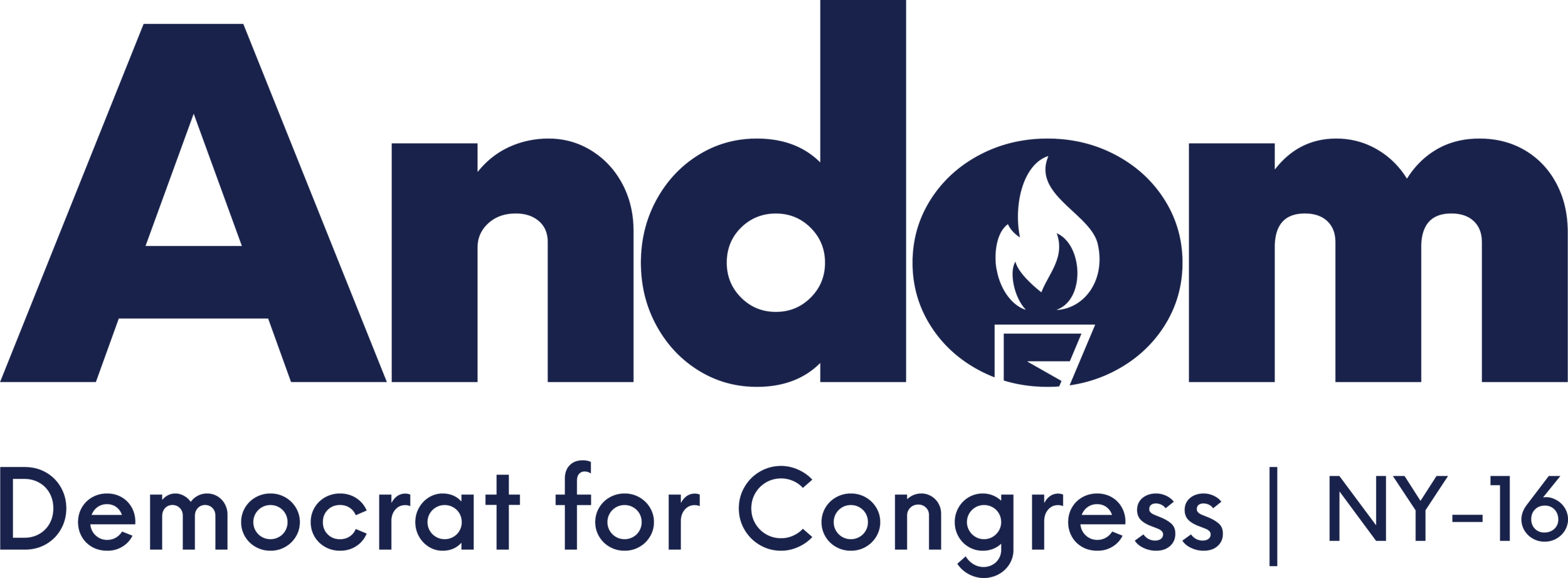Mental Health and Disability Rights
In his masterpiece Capitalist Realism, Mark Fisher remarked on the extent to which contemporary neoliberal capitalism places the onus of mental health issues on the individual—forcing them to seek personal mental health in a world where there is so much to fear and be anxious about. Our anti-imperial, eco-socialist agenda addresses mental health and disability rights both by removing the underlying stressors that degrade our collective mental health (poverty, inequality, racism) and by ensuring that every person has the opportunity to live their life with dignity, not just the rich who can afford treatment.
Legislative:
Safeguard the Americans with Disabilities Act
Fully-fund The Individuals with Disabilities Education Act (IDEA)
Eliminate the sub-minimum wage exemption, which enables the exploitation of workers with disabilities.
Education:
Among young people, statistics of mental illness reflect the pressures of 21st century childhood without adequate resources to address needs.
Make substantial increases in medical research for mental health, suicide prevention, substance use disorders, and diagnostic tools to better understand the conditions and to provide better resources and more effective treatment for those struggling.
Increase funding for culturally-specific mental health research, specifically in reference to persons of different ages and of varying cultures, racial, religious, ethnic, sexual orientation, gender, and disability.
Fund necessary guidance counselors and curriculum-based efforts in schools that prioritize mental and physical wellness. This includes social-emotional learning initiatives, increased access to mental health professionals for all students, home visiting programs, and programs in schools that help people understand signs and symptoms and when to seek help.
Healthcare:
Until we pass Medicare for All, insurance companies must be regulated to protect the needs of all Americans.
Enforce the Mental Health Parity and Addiction Equity Act of 2008, which requires insurers to cover treatment for mental health no more restrictive than treatment for illnesses of the body.
Invest in improved community crisis services—such as mobile crisis units, crisis hotlines, crisis centers, and the use of non-law enforcement transportation— to focus on care services rather than law enforcement.
Mandate minimum standards for health insurance coverage, federal standards must not preempt state laws that provide higher standards.
Policing:
40% of jail inmates have a disability. Often Americans are put in prison wrongfully, and once there are unable to access treatment.
Treat addiction and substance abuse as a health issue. We must expand crisis intervention teams, increase the use of drug and mental health courts, make medication-assisted treatment available to those currently incarcerated, and abolish mandatory minimum sentencing.
Train police and first responders to use overdose reversal medicine, naloxone; to recognize when someone is experiencing a mental health crisis or symptoms of serious mental illnesses and how to de-escalate such situations; and to provide information about community resources.
Community Adjustments:
Making communities welcoming, equipped, and accessible to all.
Expand affordable and specialty-housing that are disability accessible, have peer and caregiver support and medication-assisted treatment.
Establish and fund more homeless shelters equipped to house all, which are disability accessible and include medical professionals and resources at hand.
Increase public transportation accessibility, especially in transit deserts like Co-Op City.
Provide system navigation, job and skill training, and education for all people with disabilities and substance-use disorders.






